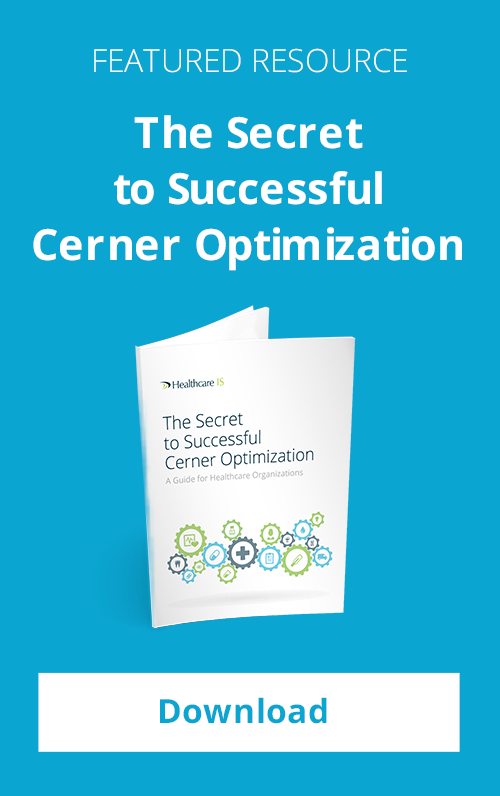At the most basic level, the definition of a consultant is "a person who provides expert advice professionally."
The word consulting is used very loosely in the marketplace. Many times, consultants will take a "consulting" engagement but will not be asked to provide "expert advice." Instead, they’re brought in because they have the skill to do work that needs to be done. In these situations, I believe the client may say they’re bringing in a consultant (who provides expert advice), but what they’re really doing is bringing in someone to augment their staff.
When clients bring in an outside resource, ideally they would like to acquire someone who has as much experience as possible. Aside from “hands on” technical skills that a consultant may have, a client finds comfort knowing that the person whom they’re bringing in for a project has been successful at helping multiple organizations do the same thing.
And when I say “multiple,” I mean a lot — the more the better.
Overall, what I see are many people getting into consulting with an employee mentality. What I mean is someone who leaves his or her job for a consulting engagement, but then finds a way to stay with one particular client for a really long period of time.
Now, if you end up being at one client site for a couple of years, that in itself can be viewed upon as a good thing, because a client would not, typically, keep a consultant that long if he or she weren’t doing a good job and bringing value.
But the consultants I’m referring to are staying with the one client due to one of the following:
1) Not wanting to go through the process of finding another client.
2) Fear of change. Staying with a client with whom they’re familiar is better than the thought of starting from scratch with a new client.
From the client side, if a Cerner hospital is looking for someone to come in and help with implementing Bed Side Bar Coding (BSBC), are they going to want to bring in Consultant A, who implemented it once, along with a number of other small projects for one client over a two-year period? Or are they going to want to bring in Consultant B, who has done that specific project four times with four different clients over the same period of time? In my experience, they’re going to be looking for Consultant B.
Now, some clients will hire Consultant A, only after they’ve not been able to identify a Consultant B type. But make no mistake: Consultant B’s profile is always going to be in higher demand.
As a consultant, at what point will you have been at a client site for so long that when you finally decide to leave, you’re viewed not as a consultant, but as a long-term temporary employee? Expertise doesn’t derive from doing something over and over for one organization; it comes from doing the same thing for many organizations and being able to offer that perspective to your clients.
There’s nothing wrong with staying at one client site for a longer than an average period of time . . . unless you want to be able to offer expert advice professionally.
You may also like: Why You Cannot Trust Your Contract End Date


Comments